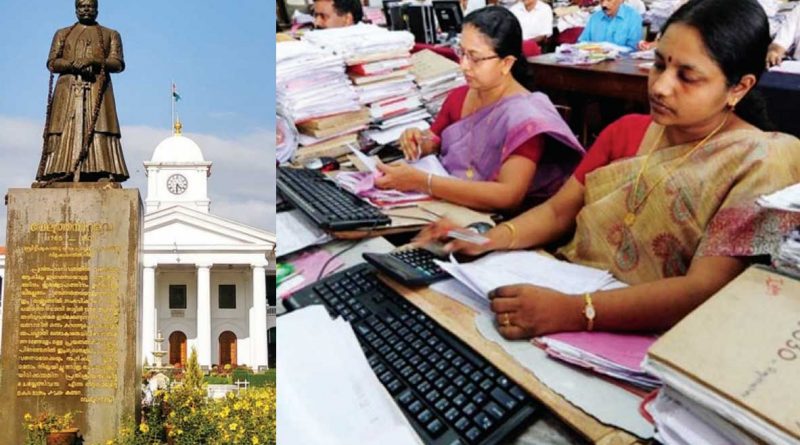Right to Service Act: A Leap in Governance

The Kerala State Right to Service Act 2012 came to force with an aim of good governance which is essential for sustainable development on both economic and social arena of public life. The Right to Service Act empowered the people to seek hassle free, corruption free and time-bound service delivery mechanisms in government offices. The main objective of the act is to deliver time-bound services without any hassle which also improves the credibility of government offices .The act ensures three essential elements of good governance i.e. transparency , accountability and responsiveness of the administration. As the government is concerned with effective, efficient and prompt service delivery to public and to improve and strengthen the relationship between the citizens and government officials seems necessary. The government have already introduced citizen charter based on the recommendation of the third Kerala Administrative Reforms Committee to ensure transparency in administration, the Right to Information Act 2005 (central act 22 of 2005) is in force. So the Right to Service Act is a key administrative initiative built on the idea of the citizen charter – while citizen charter define the quality of public services , the act takes it a step further while making a citizen’s right to public service within the stipulated time legally binding , failing which the concerned officials is liable and penalised .
Accordingly the Right to Service Act represent the commitment of the State towards the standard, quality and time frame of service delivery in time-bound manner. The act aims to reduce corruption among the government officials and to increase transparency and accountability. As per the directions of the United Nations most of the member countries have implemented right to service act. In India Madhya Pradesh was the first Indian state to legislate a Public Service Guarantee Act in August 2010 and Bihar was the second to enact this act on 25 July 2012. That has been followed by enactment of Right to Service Act in states of Delhi, Punjab, Rajasthan, Himachal Pradesh, Kerala, Uttarakhand, Haryana, Uttar Pradesh, Jharkhand, Karnataka, Chhattisgarh, Jammu and Kashmir, Odisha, Assam, Gujarat, West Bengal and Goa. The Madhya Pradesh act won the United Nation Public Service Award for 2012 from among 483 nominations from 73 countries under the category ‘improving the delivery of public services’. In Madhya Pradesh, the Department of Public Service Management was created, to give impetus to the implementation of the act. The Right to Public Service derives its moral and ethical basis from the Gandhian philosophy.
In this connection Mahatma Gandhi’s famous statement in his speech in South Africa in 1890- “A customer is the most important visitor on our premises. He is not dependent on us. We are dependent on him. He is not an interruption of our work; he is the purpose of it. He is not an outsider of our business; he is part of it. We are not doing him a favour by serving him. He is doing us a favour by giving us the opportunity to do so” is worth emulating by the governments. Now several institutions have taken up a study to compare different services guarantee acts in terms of number of services and departments covered, penalty and timelines for delivery of services, etc. The Kerala State Right to Service Act 2012 came into force on the 1 November 2012 as per G O (P) No.55/2012/P&ARD. It provides effective time bound redress of grievances of citizens, delivery of service to the public and making government servants liable in case of default. Through the induction of the bill, the government servants are made answerable in terms of their function, duties, commitment and obligations towards the people. The bill provides two-tier appellate system to redress grievances. Section 5 of the act underlines the duty of the designated officer who own receipt of an application for service, will provide it or reject the application within the time limit counted from the day the application is received. In case of rejection, the officer should justify it in writing.
The designated officer is liable to pay a fine not less than Rs 500 and not more than Rs 5000 in case of breech of the terms of the bill. Section 3 of the act says every government department, Head of the department, local self- government institution and statutory body should within six months of commencement of the Act , notify the service that will be rendered by each of them and the designated officers for providing services and stipulated time limit for doing so. The Act lays down the procedures for filing appeals and the method of handling appeals by the first and second appellate authorities. The two appellate authorities will have the powers of civil court in matters of requiring production and inspection of documents and issuing summons for hearing the designated officer and the appellant and other matter that may be prescribed. Now almost all the departments and statutory bodies have formed relevant regulations to implement the Act.


